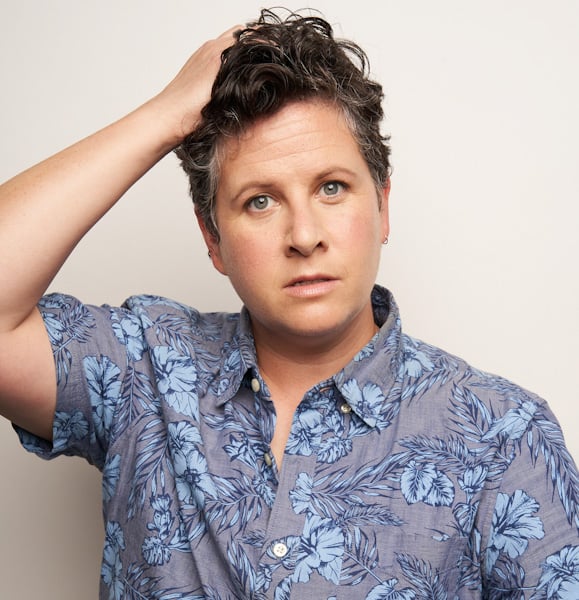Law Prof Who Called Homosexuality a Disorder Won’t Teach NYU Class
A Singapore law professor under fire for her statements about homosexuality has decided not to teach a human rights class at New York University law school.
Thio Li-ann, who was a member of her country’s Parliament, made the controversial statements in October 2007 while opposing repeal of a law that criminalizes sex between men, the New York Times reports.
During the debate, she said homosexuality is a “gender identity disorder” and anal sex is like “shoving a straw up your nose to drink.” Repealing the law “is the first step of a radical, political agenda which will subvert social morality, the common good and undermine our liberties,” she said.
Above the Law posted a statement by NYU law dean Richard Revesz announcing Thio’s decision to withdraw as a visiting professor at the school. The school also sent a copy of the statement to the ABA Journal.
Thio decided to withdraw because “she was disappointed by the hostility of some members of our community to her views regarding homosexuality and gay rights, and by the low enrollments in her classes,” Revesz wrote.
The memo wrestles with the tension between academic freedom and the school’s commitment to gay rights. It concludes that the “analytic cogency” of Thio’s argument against the bill, if it had been known, might have relevant in deciding whether to hire her.
The memo said the law school did not ask Thio to withdraw, but her decision to do so makes it unnecessary to decide whether to cancel her her course on human rights in Asia. Revesz notes that Thio became involved in e-mail exchanges after her views became known and in at least one case made comments Revesz considered “insulting and hurtful.”
Revesz said neither he nor the panel that recommended Thio had been aware of her views. “The position taken in the speech should have been irrelevant to our evaluation of Professor Thio, although the argumentation supporting the position might properly have played a role in that evaluation,” he wrote.
“Professor Thio’s position in that speech is inimical to the law school’s position against discrimination on the basis of sexual orientation. Nonetheless, I do not believe that Professor Thio’s opposition to our institutional position should have played any role in our evaluation of her. Leading academic institutions benefit greatly from a diversity of perspectives, not from hiring only people who share the same views.
“At the same time, our evaluation of Professor Thio’s strength as a scholar might have been usefully informed by an assessment of the analytic cogency and methodological integrity of the arguments and evidence she marshaled for her position.”



